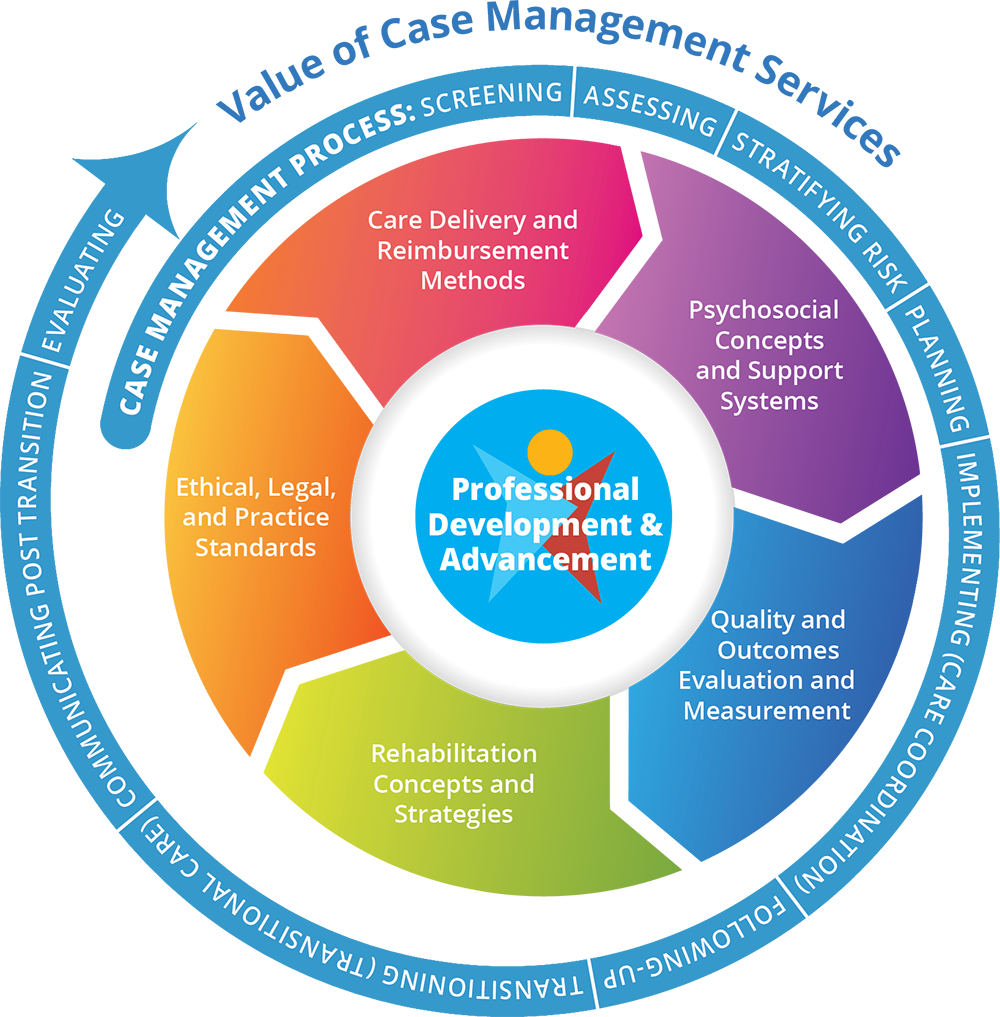When someone you love is first diagnosed with COPD or asthma, you might feel a sense of relief. At last you know why your loved one has been having so much trouble breathing!
But this sense of relief is short-lived. COPD and asthma are both serious chronic diseases, and you don’t want to see your loved one uncomfortable and his or her symptoms getting worse. Soon you may be feeling the stress of always watching out for any triggers that could set your loved one’s COPD or asthma off. Or maybe you find it hard to be around someone who can’t stop coughing or has trouble sleeping. Or you may see your loved one getting depressed because he or she can’t be “normal.”
Suddenly, you might find yourself taking days off from work to care for your loved one with COPD or asthma. You might find yourself taking your loved one to the emergency department or the clinic more and more often. You may find that you need to cancel appointments and miss your regular activities because you have to take care of your loved one. This may make you irritable and tired. You might find yourself feeling sad and depressed. In short, you might start feeling burnt out.
Check out this list of suggestions. They’ll not only give you a sense of well-being, but you’ll be a better caregiver too.
- Don’t neglect your own health. It’s easy to overlook a doctor or dentist appointment when you’re busy taking care of someone else. Make sure you are taking your own medicines and keeping any appointments you’ve made
- Get enough sleep. No one can function well when they haven’t had a good night’s sleep
- Ask for help! Your friends and family are happy to do something for you if it’ll make you feel better. Food shopping. Walking the dog. Going to the dry cleaner. These little things might not seem like much to them, but having someone else do them can give you a much-needed break
- Make some “me” time. It doesn’t have to be a big night out. You can watch a TV show or go see a movie. Take a nap. Read a few pages of a book. Something that is just for you
- Be on the lookout for any signs of physical and emotional stress.* Are you feeling tired? Experiencing lower back or neck pain? Are you gaining or losing too much weight? Are you worrying too much or feeling overwhelmed and alone? If any of these symptoms sound familiar, talk to your healthcare provider
*This information is provided as general knowledge only and is not medical advice. If you have questions or concerns, you should talk to your healthcare provider.

